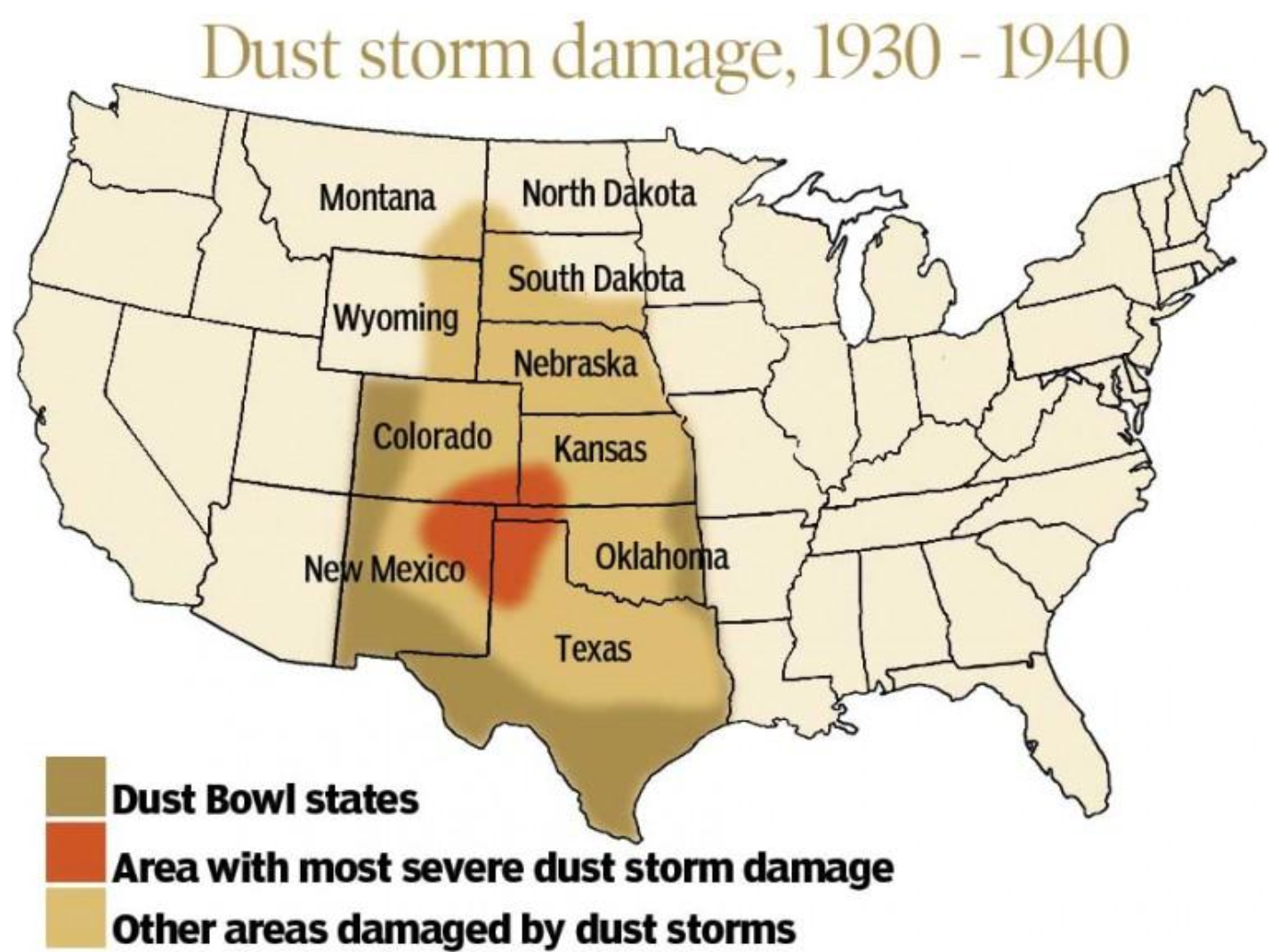1. How is Whtiman's title justified - how is it justifiable?
2. What are the positive/euphoric aspects of Whtiman's assumptions about "all seas [having been] crossed"? Do you find difficult or dangerous ideas in the poem?
3. What do you think of Mentz's new research concepts in the "deterreiorializing preface" to his book The Ocean (2020)?



1. How is Whtiman's title justified - how is it justifiable?
ReplyDeleteWalt Whitman wrote a poetry collection called A Passage to India in which he describes the (European) man's journey to get to India. He writes about the efforts that went to connecting Europe to the Asian subcontinent, and how once this goal is accomplished, once “the scientists, the chemist, the geologist, ethnologist” (280) are done with their work, that is when the poet (The true son of God (280)) will be able to unite Nature and Man. That is when the world will truly be connected and the continents (Asia, Europe, Africa, and Americas) will “marry”. The purpose of a passage to India is the connection between the East and the West. Once this happens all that mankind has done will be justified.
(1) Walt Whitman names his poem “A Passage to India” because it describes the efforts made to discover a passage way to India. He describes how the sailors, the explorers, yearned for the adventure of the discovery and how their successes were only possible due to their “never-happy hearts”, that is, to their restlessness. Whitman also argues that once the discovery is done, once there is no more land to be discovered, these explorers will be praised and made immortal by the “true Son of God”, in other words, by the poet, who will unite nature and Man.
ReplyDelete1. How is Whtiman's title justified - how is it justifiable?
ReplyDeleteThe title may mean a voyage to India, but it is a journey looking for new ventures and appreciate what India really is. It seeks to make connections at cultural, personal and racial levels. Its main focus is the friendship between Aziz and Fielding over many conflicts that are presented throughout the story.
2. In his poem, Whitman writes how after all the seas have been crossed, and after all of the other craftsmen such as captains, engineers, inventors, scientists, chemists and geologists, only then will it be the poets who get recognition. He mentions how only then the whole earth will be completely justified, since the poet is the ‘true son of god’. From this point of view, he believes that the poet will sooth all hearts and how he would unite all who are separated. This in itself is to me a difficult idea, as it is problematic to justify all behavior of the colonial settler with the arrival of the ‘true son of God’ and the accompanying ‘divine spirituality’ which is supposed to bring everyone together “dancing before you, holding a festival garland, as brides and bridegrooms hand in hand”. (P. 280 anthology).
ReplyDelete